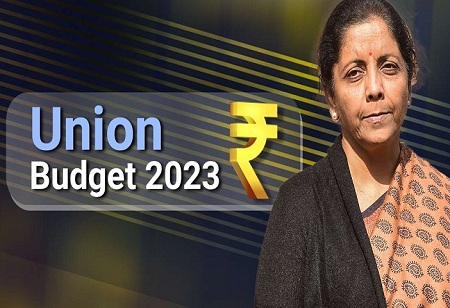Finance Minister Nirmala Sitharaman announced the creation of battery energy storage systems with a capacity of 4,000 MWH backed by Viability Gap Funding while detailing the government's priorities for sustainable development. The budget also included a provision for the importation of capital goods and equipment necessary for the production of lithium-ion cells used in electric car batteries to be exempt from customs duties. One of the most capital-intensive regions in the entire value chain, according to Somesh Kumar, Partner & Leader- Power, EY India, "this could go a long way in enhancing the viability of batteries and the
electric mobility sector." According to Visakh Sasikumar, CEO & Co-Founder, Fyn mobility, "customs exemption on capital goods and machinery for lithium batteries will cut the per kilowatt-hour cost of batteries and hence accelerate EV adoption in both the personal and commercial segments." In order to lower the economy's carbon intensity and foster the creation of numerous chances for green employment, the budget for 2023–24 will place more emphasis on green fuel, green energy, and green mobility across a variety of economic sectors.
The actions adopted, in accordance with V G Anil, Head of Operations, ARENQ, will promote the expansion of renewable energy capacity increases and grid stability. A capex of roughly Rs 15,000 Cr for a battery storage capacity might be achieved with viability gap funding, resulting in cheaper prices for storage-related project bids.
Renewable energy storage will undoubtedly become a reality thanks to viability gap funding for BESS, according to Rajat Verma, CEO & Founder, Lohum Cleantech. Nirmala Sitharaman mentioned in her budget address that she planned to set aside enough money to scrap outdated cars and ambulances, which will help fuel demand for electric cars. Additionally, the Ministry of Petroleum and Natural Gas received Rs 35,000 crore in the budget for priority capital investments related to energy transition, net zero pollution, and energy security.
